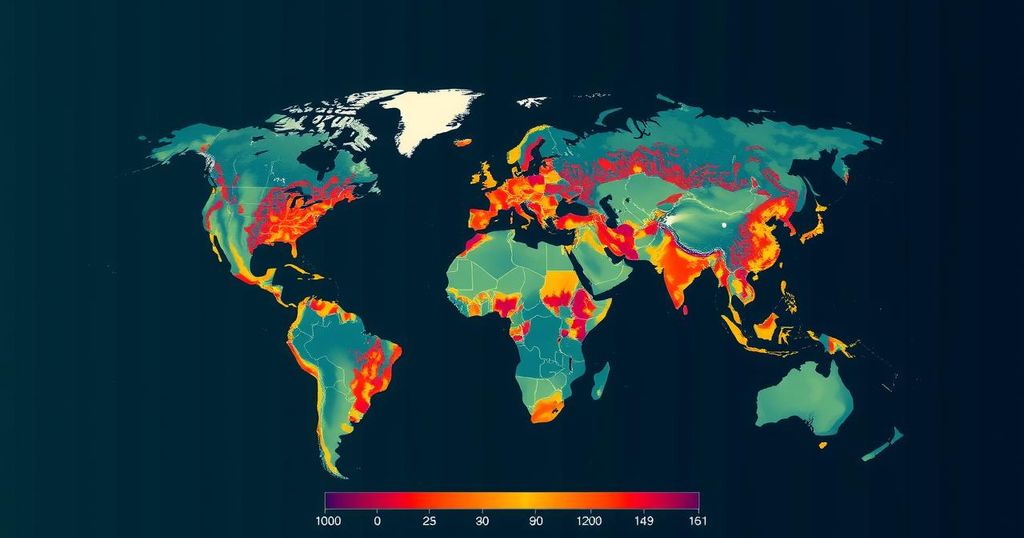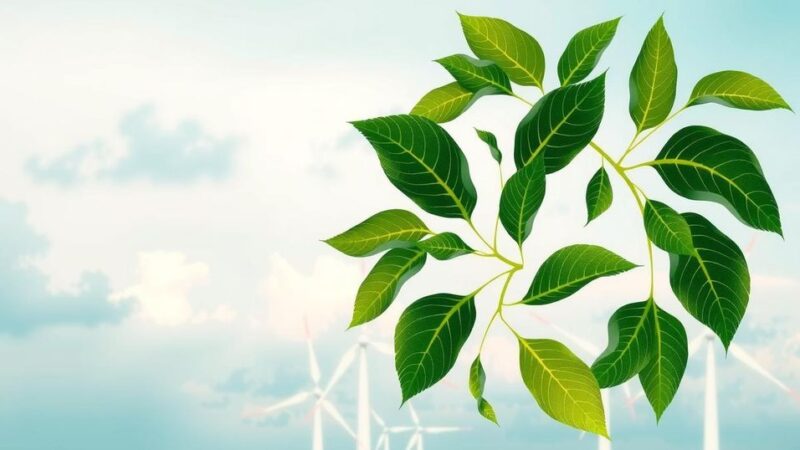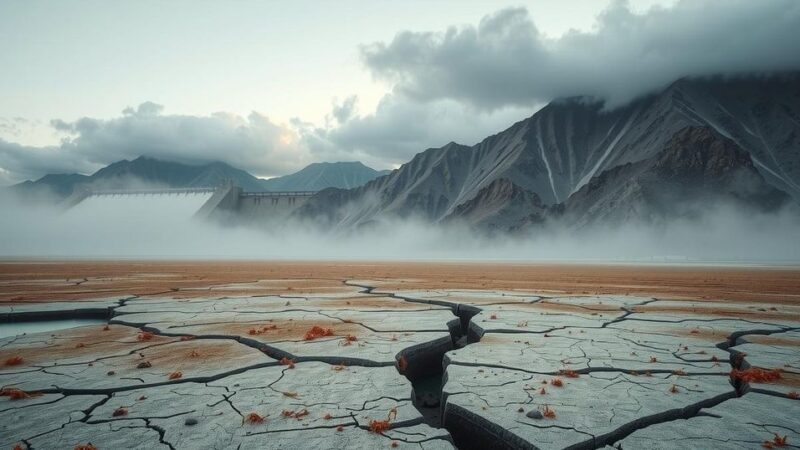The WMO’s recent bulletin reveals rampant carbon dioxide accumulation in the atmosphere, exacerbated by severe wildfires, emphasizing the urgent need for global action in climate negotiations to avoid irreversible damage from climate change.
The global climate situation has become increasingly dire, with a significant rise in greenhouse gas concentrations highlighted by the United Nations weather agency. A recent report from the World Meteorological Organization (WMO) indicates that last year’s severe wildfires have exacerbated the accumulation of carbon dioxide in the atmosphere. The current levels of carbon dioxide are reminiscent of conditions 2-3 million years ago when the Earth was significantly warmer, leading to much higher sea levels. Crucially, CO2 emissions from fossil fuels and cement production are occurring at a pace that exceeds the Earth’s natural absorption capacities via oceans and forests, resulting in prolonged atmospheric persistence of these gases and promoting the greenhouse effect. Ko Barrett, the agency’s deputy secretary-general, emphasized the importance of each increment of temperature increase, stating that these variations affect glacial retreat, sea-level rise, extreme heat exposure, biodiversity, and broader ecological and economic systems. The impending 29th U.N. climate negotiations, set to take place next month in Azerbaijan, come at a critical juncture as global leaders seek to address the urgent climate crisis. The 2015 climate agreement aimed to restrict global temperature rise to no more than 1.5 degrees Celsius relative to preindustrial levels. Currently, the temperature has increased by approximately 1.2 degrees Celsius, with sea levels rising steadily. Recent catastrophic wildfires in Canada and Australia have compounded the already high levels of carbon emissions from both human activities and industrial expansion, reinforcing the need for decisive action. As climate anomalies continue to unfold, the WMO reports that the rate of carbon dioxide accumulation reached an alarming 420 parts per million in 2023, marking the twelfth consecutive year of significant yearly increases. The potential acceleration of climate feedback loops raises newfound concerns regarding future environmental stability. These feedback mechanisms, such as increased wildfire activity releasing more carbon and diminished ocean absorption due to elevated temperatures, pose considerable risks worldwide. The situation demands immediate attention from global policymakers to mitigate these impacts and promote sustainability on a larger scale.
The discourse surrounding greenhouse gas emissions has intensified in light of mounting evidence linking climate change to drastic environmental and societal outcomes. The World Meteorological Organization has been pivotal in providing assessments that underline the urgency of the climate crisis. Their findings reveal the interplay between human activities, natural phenomena, and the alarming rate of greenhouse gas accumulation, particularly carbon dioxide. This background provides necessary context for understanding the implications of climate talks held by nations seeking to reverse or at least stabilize these trends.
In summary, the ongoing accumulation of greenhouse gases, highlighted by significant reports from the World Meteorological Organization, urges global leaders to confront climate change with utmost seriousness. The critical consequences of rising temperatures and sea levels are increasingly evident, while recent severe weather incidents demonstrate the escalating risks associated with inaction. This moment serves as a crucial reminder of the urgency for international cooperation and innovation aimed at mitigating climate impacts heading into the upcoming U.N. climate negotiations.
Original Source: www.rfa.org






